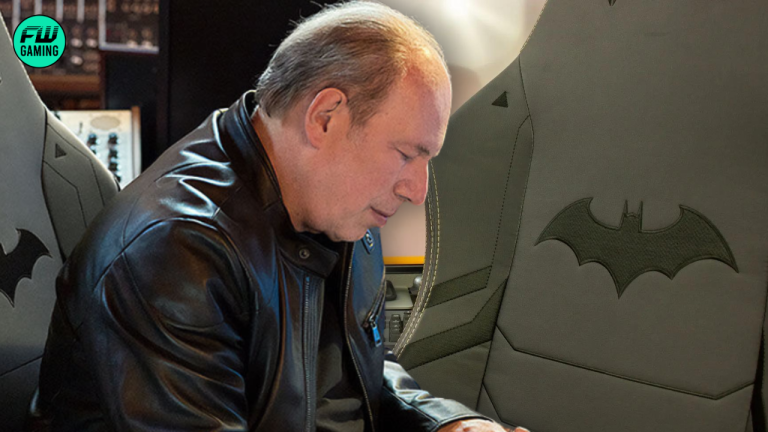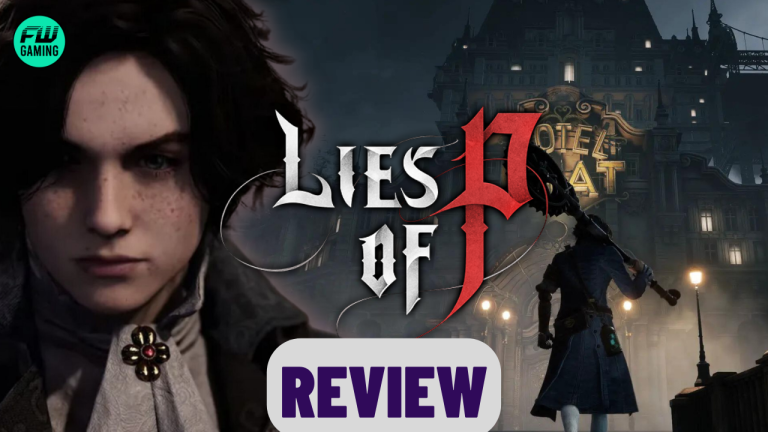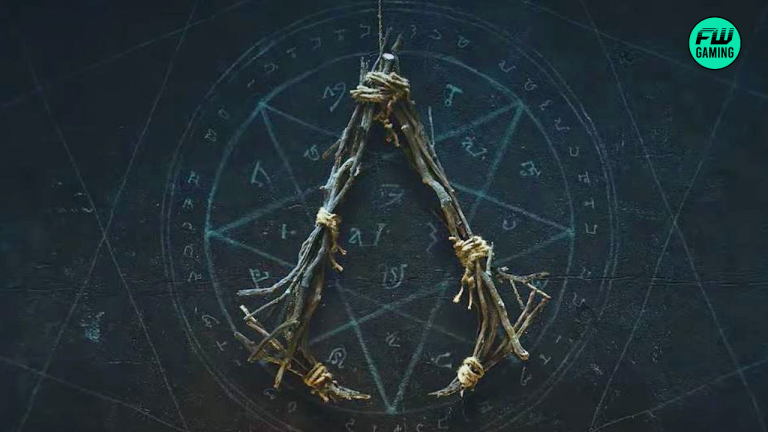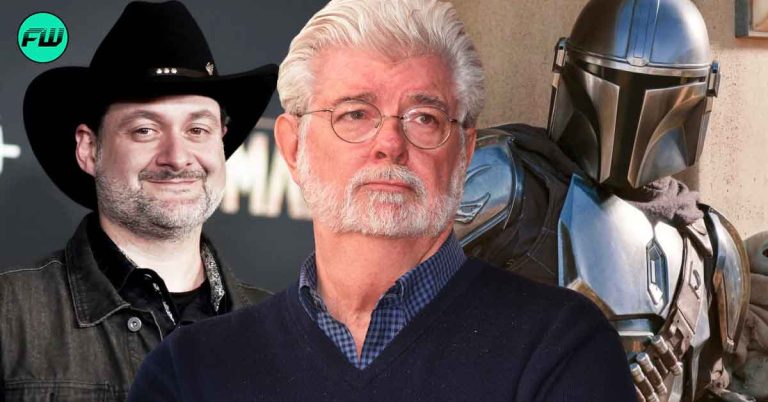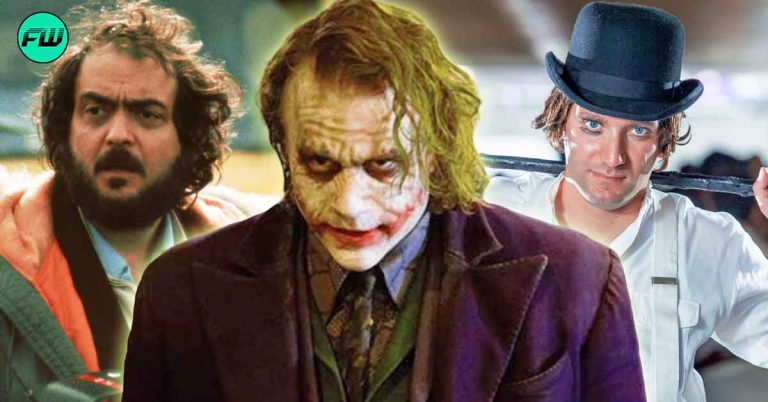There are no end of horror franchises to choose from, and not all of them try for a theatrical release, some choosing streaming or even straight to DVD release. However the competition for the horror box office is high, and some horror franchises have dominated over the years in that regard, even if they’ve not been the tightest story wise. As such, here’s the five most profitable horror franchises over the years…
5. Saw – $1.01billion
Ten films and nineteen years since it’s inception with the original movie in 2004, the engineer turned serial killer John Kramer aka Jigsaw has had a lot of victims and taught a lot of people his own special brand of life-appreciating lessons.
Along with Hostel the Saw franchise is a major reason the horror genre exploded with ‘torture porn’, but unlike the other entries in that particular genre, this franchise at least makes an attempt at creating a winding, overly complicated story alongside the blood and guts on screen. It doesn’t always work, but the further you get through the series, the traps get bigger and bloodier and even more unrealistic that someone would have enough time to make all these traps and set all the things in motion.
Related: 31 Days of Horror: 6 of the most Brutal Traps in Saw
4. It – $1.17billion
Based on Stephen King’s book of the same name, the It franchise started a fee decades ago with a straight to TV movie that followed a group of people as they attempted to fight the same terrifying entity that terrorised them as children.
More recently audiences were treated to a modern day reboot of the same story, this time with two high budget, theatrical releases that amped everything up to eleven from the original. With a considerable amount more screen time for the titular villain, the two modern films were well received by fans of the original and the book alike, and this showed in huge box office takings worldwide.
3. Resident Evil – $1.23billion
Eight films and a recent Netflix television show later the franchise has made it to third in the list of the most profitable horror franchises. Based on the games of the same name, the original seven films starring Milla Jovovich were divisive, as with each new entry they’d get further from the source material. Welcome to Raccoon City went the opposite direction and lent heavily on the original games story, but unfortunately was still terrible, and the less said about the Netflix show the better. All that aside, the franchise has still made a tidy sum so far.
2. Alien – $1.72billion
Ever since the original film general audiences have taken to the setting and story of the xenomorph in a grand way. Terrifying people enough for them to vomit, pass out and leave the cinema in some cases is no mean feat, but that’s exactly the accolades the original can boast.
Whilst more recent entries into the franchise have lost their way, fans still flock to theatres to see any new release, making it the second most profitable horror franchise in history. With Disney recently purchasing 20th Century Fox not much is known regarding the future of the franchise, with the occasional leak pointing to one new project or another, but either way, it’s unlikely the bankable franchise will be forgotten.
1. The Conjuring -$2.12billion
Surprising no-one, the comparatively recent horror franchise is the most profitable horror franchise in history by quite some margin. The first film released back in 2013, since then, we’ve had another seven films, some based on the haunted artifacts the Warren’s encounter, like the Annabelle doll, or in the case of The Nun, they showcase the origin stories of the demons the couple would later go on to vanquish.
The franchise shows no signs of slowing down, with fans clamouring for more of the universe. The next entry comes in 2023, with the sequel to The Nun due to hit theaters, beyond that though, not much is known. Whether we see more of the Warren’s or not is up in the air also, but for now we’ll have to watch the eight films in eight years we’ve had to tide us over.
That’s the five most profitable horror franchises so far, and whilst it’s bound to change in the future, it’ll take some doing.
Follow us for more entertainment coverage on Facebook, Twitter, Instagram, and YouTube.

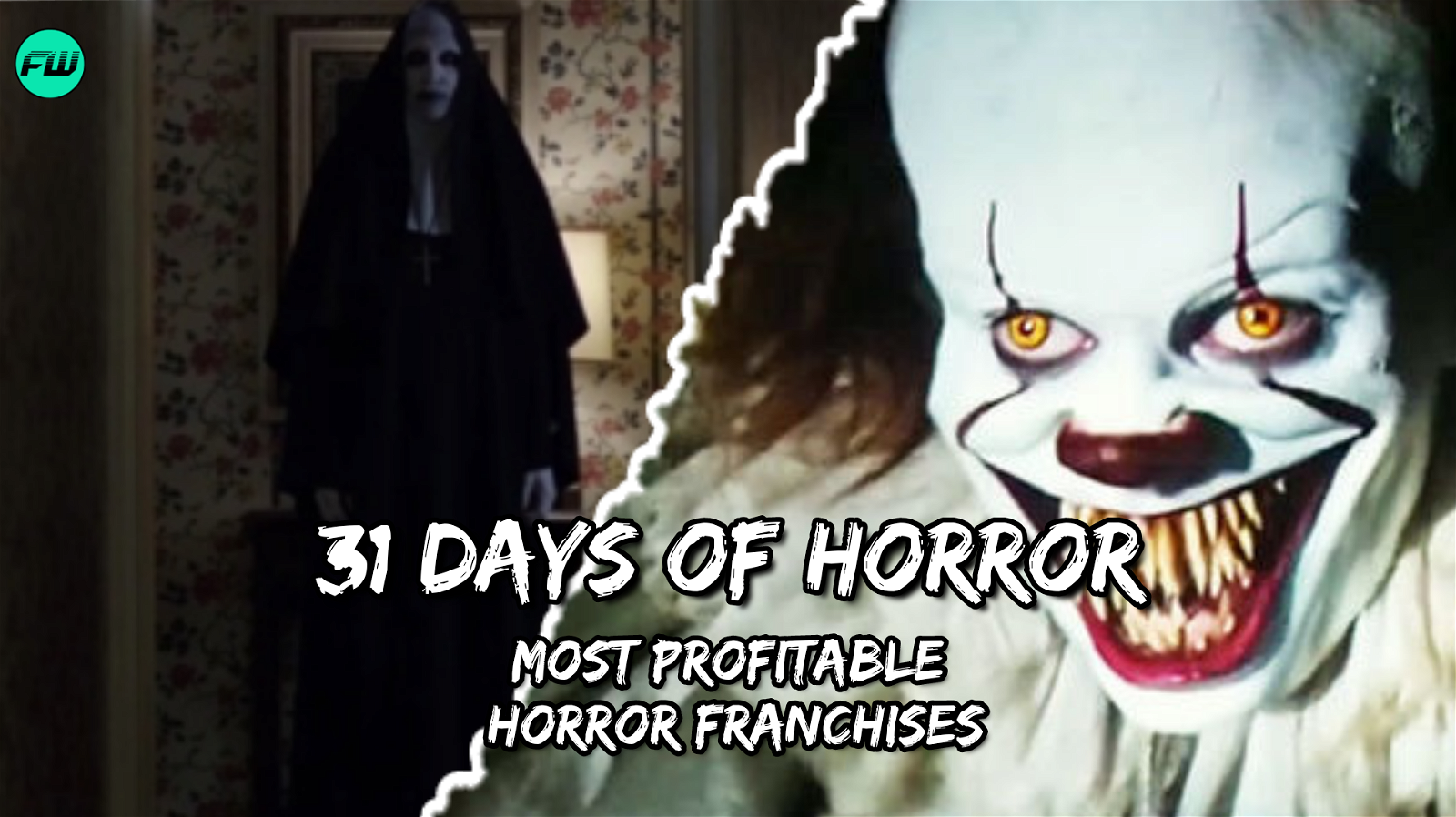

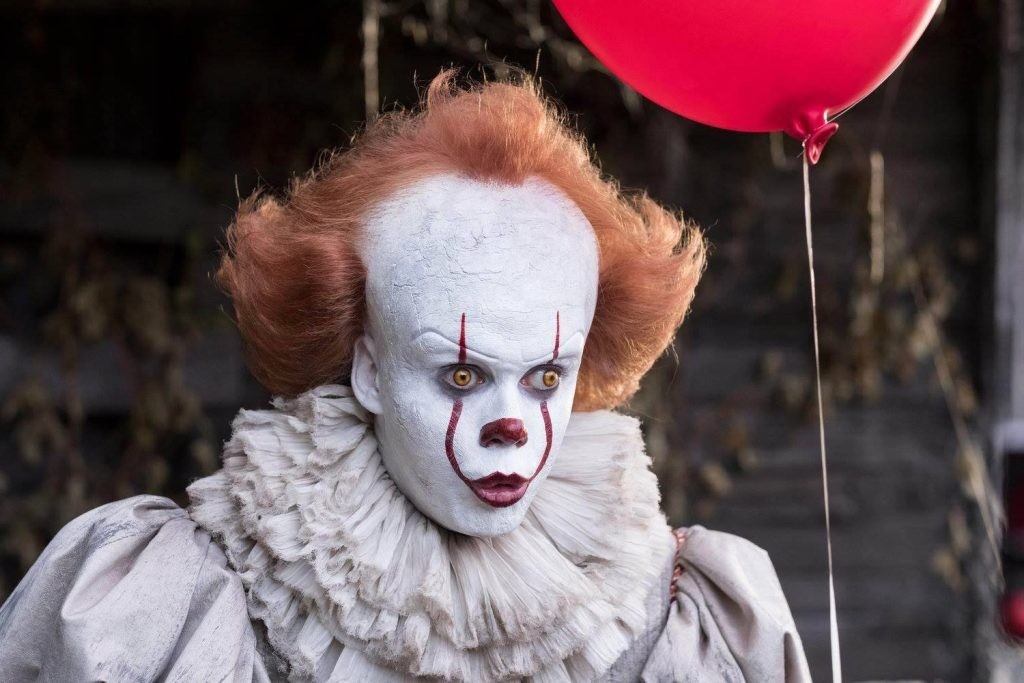

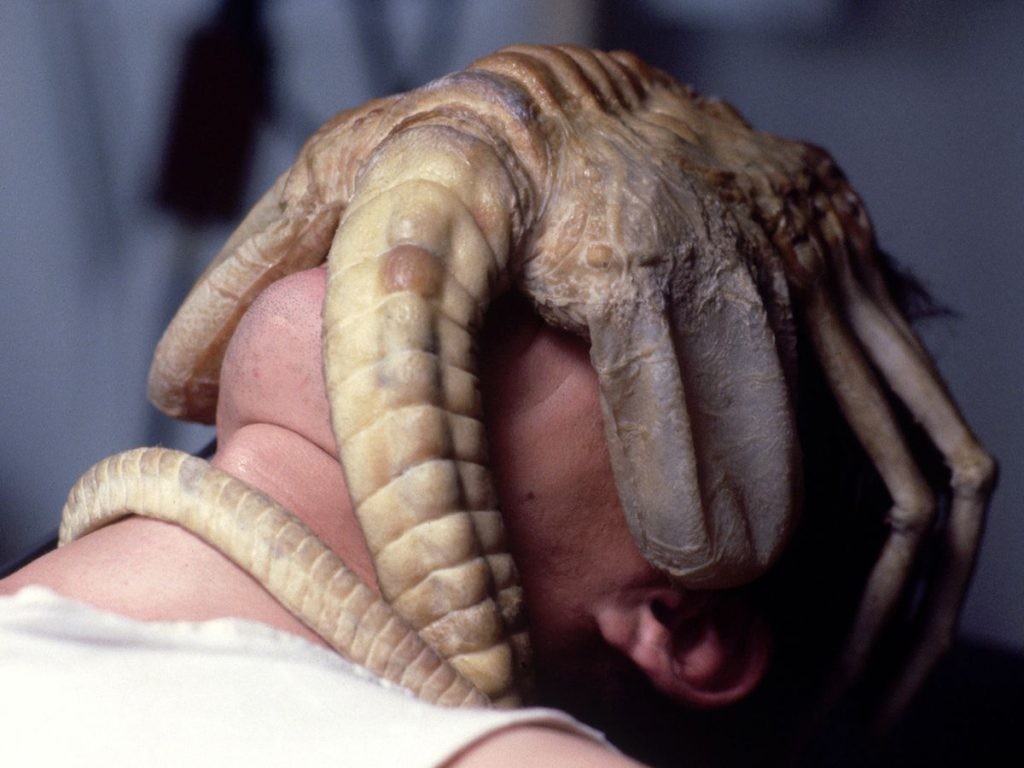
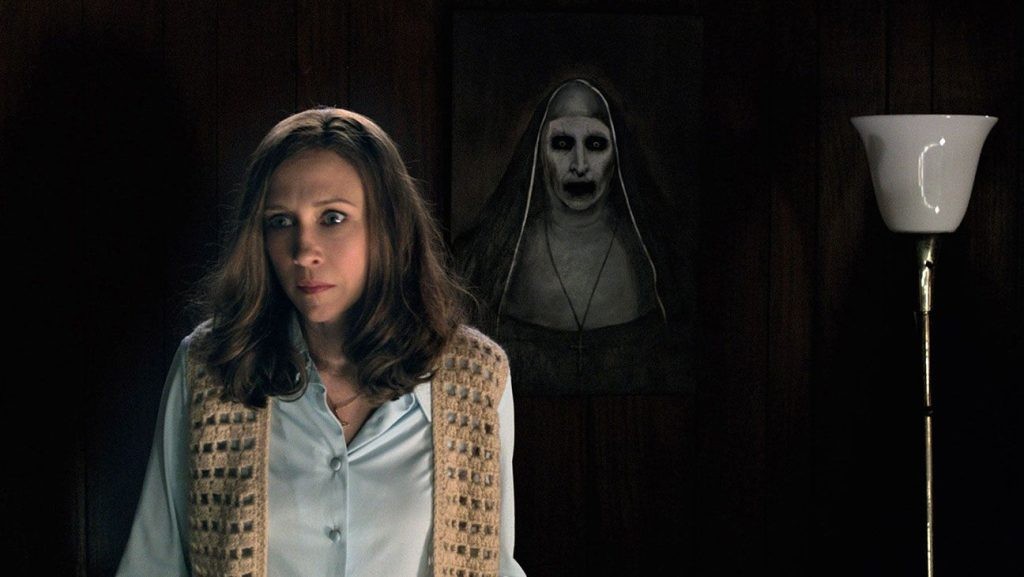
![Lies of P's Game Director Jiwon Choi Discusses the Game, Disney and the Darker Sides of Pinocchio [EXCLUSIVE]](https://fwmedia.fandomwire.com/wp-content/uploads/2023/09/16134750/lies-1-768x432.png)

